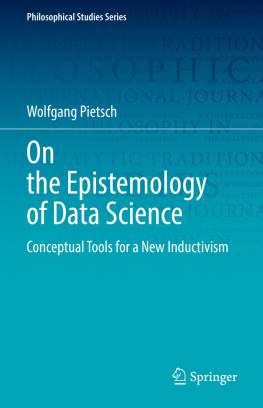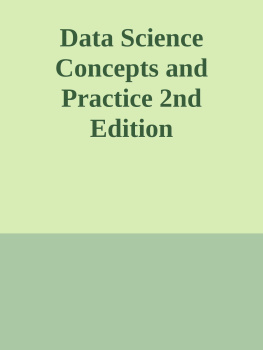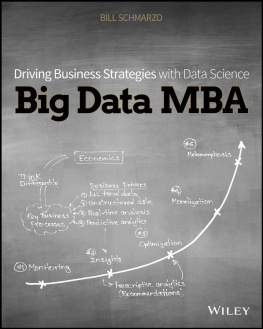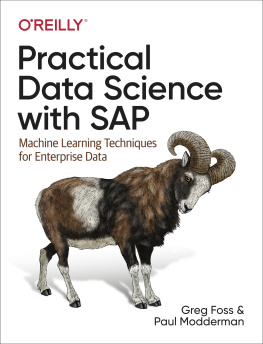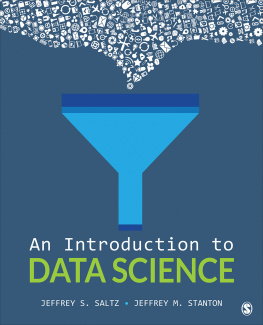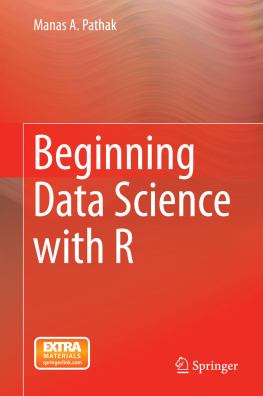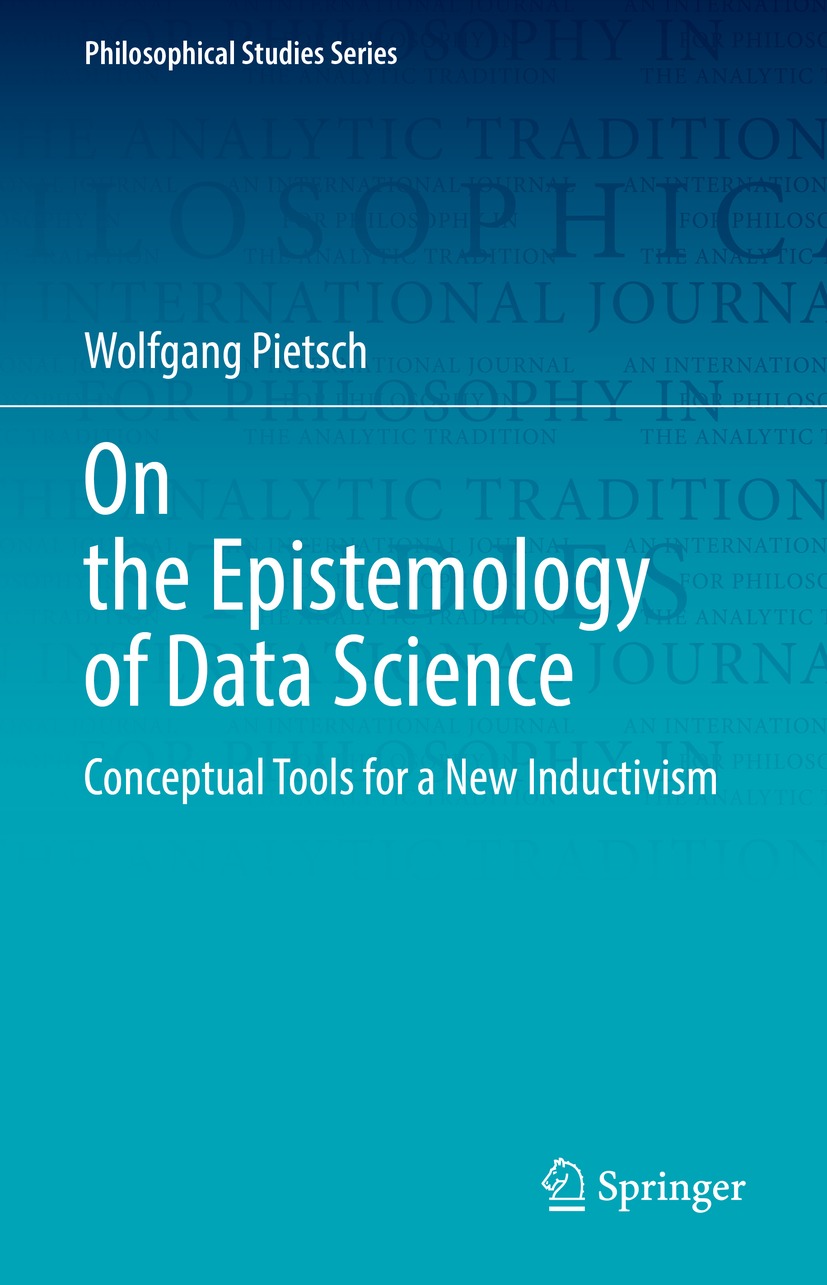Wolfgang Pietsch - On the Epistemology of Data Science: Conceptual Tools for a New Inductivism (Philosophical Studies Series, 148)
Here you can read online Wolfgang Pietsch - On the Epistemology of Data Science: Conceptual Tools for a New Inductivism (Philosophical Studies Series, 148) full text of the book (entire story) in english for free. Download pdf and epub, get meaning, cover and reviews about this ebook. year: 2021, publisher: Springer, genre: Romance novel. Description of the work, (preface) as well as reviews are available. Best literature library LitArk.com created for fans of good reading and offers a wide selection of genres:
Romance novel
Science fiction
Adventure
Detective
Science
History
Home and family
Prose
Art
Politics
Computer
Non-fiction
Religion
Business
Children
Humor
Choose a favorite category and find really read worthwhile books. Enjoy immersion in the world of imagination, feel the emotions of the characters or learn something new for yourself, make an fascinating discovery.
- Book:On the Epistemology of Data Science: Conceptual Tools for a New Inductivism (Philosophical Studies Series, 148)
- Author:
- Publisher:Springer
- Genre:
- Year:2021
- Rating:5 / 5
- Favourites:Add to favourites
- Your mark:
On the Epistemology of Data Science: Conceptual Tools for a New Inductivism (Philosophical Studies Series, 148): summary, description and annotation
We offer to read an annotation, description, summary or preface (depends on what the author of the book "On the Epistemology of Data Science: Conceptual Tools for a New Inductivism (Philosophical Studies Series, 148)" wrote himself). If you haven't found the necessary information about the book — write in the comments, we will try to find it.
This book addresses controversies concerning the epistemological foundations of data science: Is it a genuine science? Or is data science merely some inferior practice that can at best contribute to the scientific enterprise, but cannot stand on its own? The author proposes a coherent conceptual framework with which these questions can be rigorously addressed.
Readers will discover a defense of inductivism and consideration of the arguments against it: an epistemology of data science more or less by definition has to be inductivist, given that data science starts with the data. As an alternative to enumerative approaches, the author endorses Federica Russos recent call for a variational rationale in inductive methodology. Chapters then address some of the key concepts of an inductivist methodology including causation, probability and analogy, before outlining an inductivist framework.
The inductivist framework is shown to be adequate and useful for an analysis of the epistemological foundations of data science. The author points out that many aspects of the variational rationale are present in algorithms commonly used in data science. Introductions to algorithms and brief case studies of successful data science such as machine translation are included. Data science is located with reference to several crucial distinctions regarding different kinds of scientific practices, including between exploratory and theory-driven experimentation, and between phenomenological and theoretical science.
Computer scientists, philosophers and data scientists of various disciplines will find this philosophical perspective and conceptual framework of great interest, especially as a starting point for further in-depth analysis of algorithms used in data science.Wolfgang Pietsch: author's other books
Who wrote On the Epistemology of Data Science: Conceptual Tools for a New Inductivism (Philosophical Studies Series, 148)? Find out the surname, the name of the author of the book and a list of all author's works by series.

